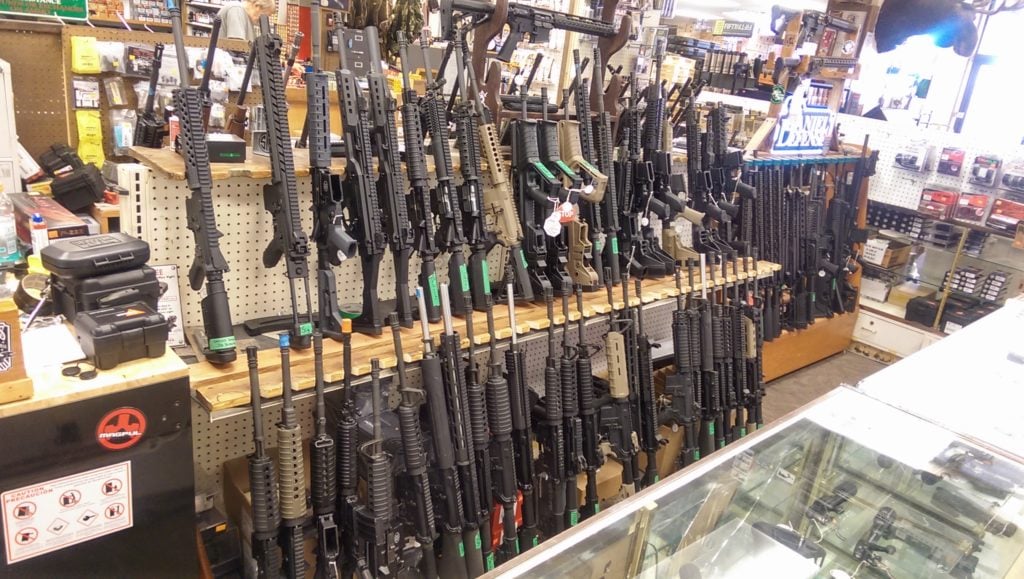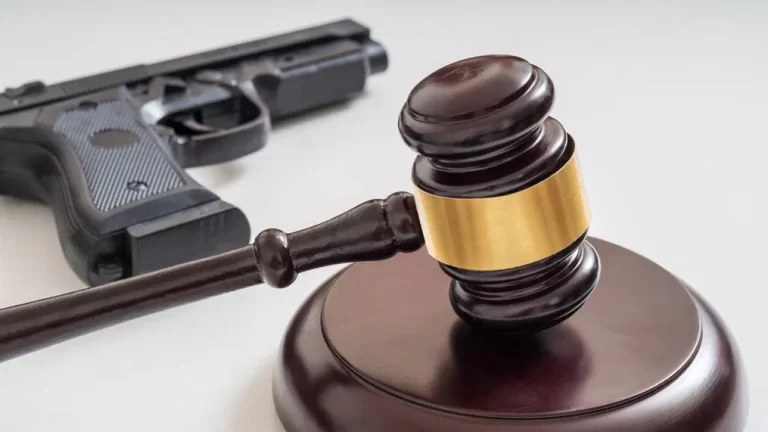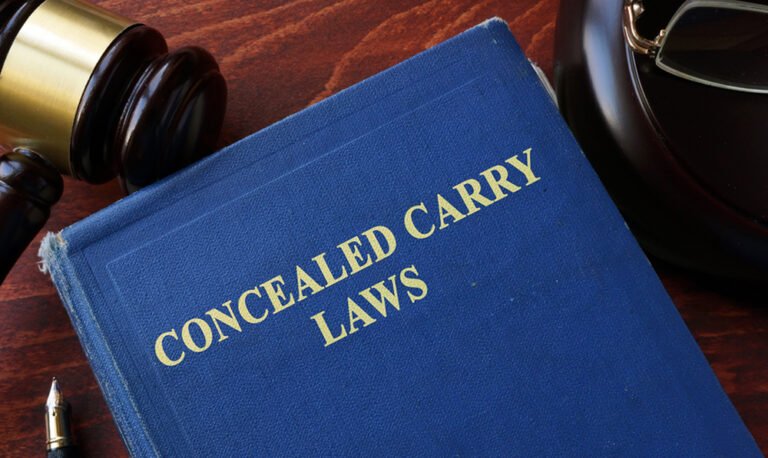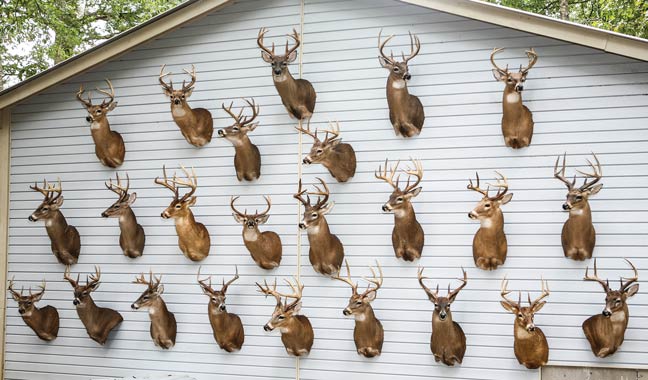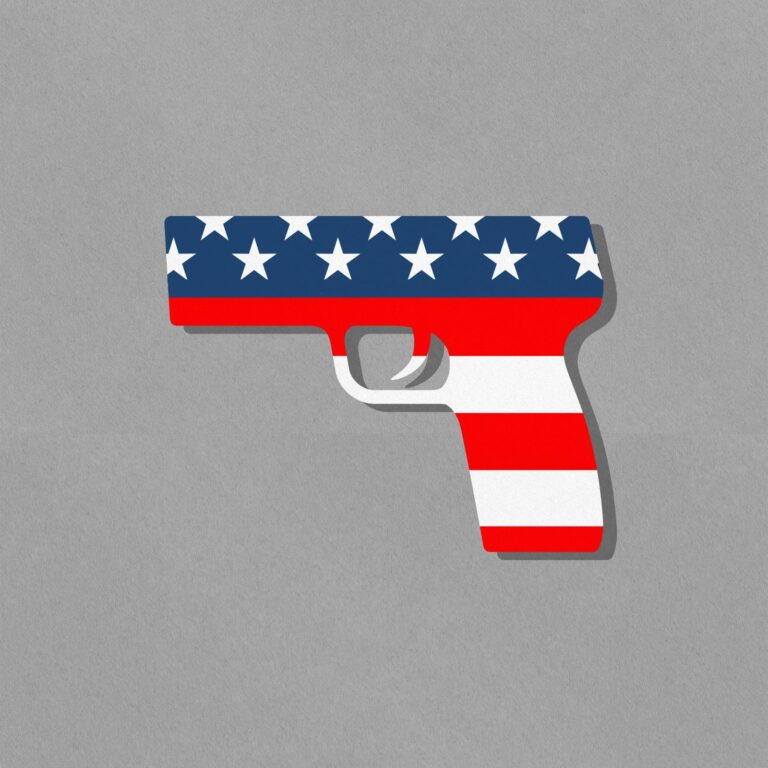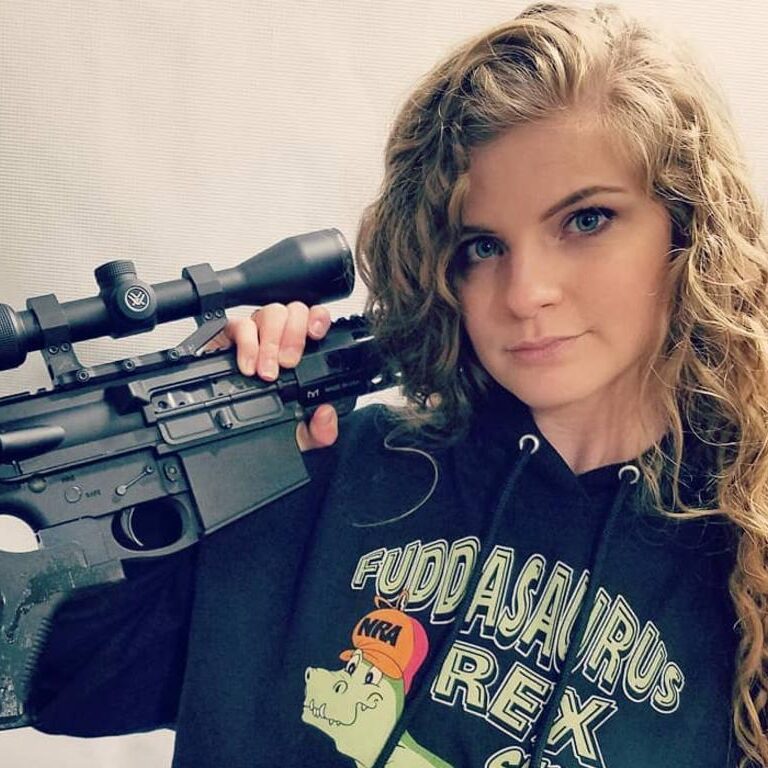South Carolina Gun Laws
South Carolina is a “Shall Issue” state that allows both residents and non-residents to obtain concealed carry permits, provided that non-residents own property in the state.
However, military personnel are exempted from this requirement. To be eligible for a concealed carry permit, applicants must be at least 21 years old, have 20/40 vision, and have completed a training course. It’s important to note that South Carolina does not honor non-resident permits from different states.
Constitutional Carry?
No – South Carolina is not considered a constitutional carry state.
Open Carry Permitted?
Yes – Recently, South Carolina passed a law (HB 3094) that allows residents to open carry if they possess a South Carolina CWP (concealed weapons permit). Non-residents, on the other hand, must have a CCW permit from a state that has a reciprocal relationship with South Carolina. However, it’s essential to be aware that local cities or towns might have specific regulations that prohibit open carrying during public events.
Carry In Vehicle?
Yes – South Carolina allows for concealed carry (or open carry) in a vehicle if the individual possesses a valid South Carolina CWP or a permit from a reciprocal state. If someone does not have a permit, they must transport the firearm in a locked case within a closed compartment such as the glove box, center console, or trunk.
Carry In State Park?
Yes – Concealed carry is permitted within South Carolina state parks if the individual has a CWP or a permit from a reciprocal state.
Carry In Restaurants?
Yes – South Carolina allows concealed carry within restaurants or bars with a CWP or a permit from a reciprocal state. However, it’s essential to remember that carrying a firearm while intoxicated is strictly prohibited.
No Weapon Sign Enforced?
Yes – South Carolina recognizes “no weapons” signs as having the force of law behind them. If a property is posted with a sign prohibiting concealed carry, individuals must respect it and refrain from carrying firearms on the premises.
Must Notify Officer?
Yes – South Carolina is a duty-to-inform state. This means that individuals with a concealed carry permit must inform law enforcement officers of their concealed firearm during any interaction with them.
South Carolina CCW Reciprocity List
States Honoring CCW
- Alabama
- Alaska*
- Arizona*
- Arkansas
- Florida*
- Georgia
- Idaho
- Indiana
- Iowa*
- Kansas*
- Kentucky*
- Louisiana
- Maine*
- Michigan*
- Minnesota
- Mississippi
- Missouri*
- Montana
- Nebraska
- Nevada
- New Hampshire
- New Mexico
- North Carolina
- North Dakota
- Ohio
- Oklahoma*
- South Dakota
- Tennessee*
- Texas*
- Utah*
- Vermont
- Virginia
- West Virginia*
- Wisconsin
- Wyoming*
(* Restricted Reciprocity with South Carolina)
States NOT Honoring CCW
- California
- Colorado
- Connecticut
- Delaware
- Hawaii
- Illinois
- Maryland
- Massachusetts
- New Jersey
- New York
- Oregon
- Pennsylvania
- Rhode Island
- Washington
- Washington D.C.
Honors These States CCW Permits
- Alaska
- Arizona
- Arkansas
- Delaware
- Florida
- Georgia
- Idaho
- Illinois
- Iowa
- Kansas
- Kentucky
- Louisiana
- Maryland
- Michigan
- Minnesota
- Mississippi
- Missouri
- Nebraska
- New Mexico
- North Carolina
- North Dakota
- Ohio
- Oklahoma
- South Dakota
- Tennessee
- Texas
- Virginia
- West Virginia
- Wyoming
How Reciprocity Works In South Carolina
Any individual who possesses a permit to carry concealed in another reciprocal U.S. state is legally allowed to carry a firearm in South Carolina. However, during their time in South Carolina, they will be subject to the laws of the county and state.
South Carolina: Where Is CCW Allowed?
Places Allowed
- State parks
- State and national forests
- Roadside rest areas
- Vehicle
- All areas of the state – except those listed as Off-Limits
Places Not Allowed
- Law enforcement office or facility.
- Detention or correctional facility.
- Courthouse or courtroom.
- Polling place on election days.
- Any publicly owned building or property without permission from the persons in charge.
- State Capitol building or grounds. CWP permit holders can leave their firearms locked in a vehicle.
- Office of or the business meeting of the governing body of a county, public school district, municipality, or special purpose district.
- School or college athletic events not related to firearms.
- Daycare or preschool facility.
- The place where federal law prohibits the carrying of firearms.
- Hospital, doctor’s office, medical clinic, or any building medical services are performed in (unless permitted by employer).
- Place marked with a sign prohibiting the carrying of a concealable weapon on the premises.
- Any place where the carrying of firearms is prohibited by Federal Law.
South Carolina: Conceal Carry Laws
Open Carry
Yes, recently there was a change to South Carolina’s open carry law. The bill (HB 3094) allows residents of the state to open carry if they have a valid South Carolina CWP (concealed weapons permit).
However, non-residents must possess a CCW permit from a state that has a reciprocal relationship with South Carolina. It’s important to note that local cities or towns may have the authority to prohibit open carrying during public events.
Carry-In Vehicle
Yes, if an individual does not possess a CCW permit but can legally own a firearm, they are entitled to carry the firearm loaded in a vehicle, adhering to specific regulations on gun laws. However, it must be placed in a closed glove box, console, or trunk of the vehicle. If there is no trunk, the firearm can be placed in the luggage area enclosed in a container, and secured with fasteners.
Carrying a firearm in any other place within the vehicle, such as in a purse, under the seat, or on the seat, is strictly prohibited and can result in legal charges. The law governing the carrying of firearms in a vehicle is very specific, and having a permit from South Carolina or any other recognized state allows individuals to carry a loaded concealed handgun in a vehicle, either on their person or within the vehicle itself.
Conclusion
South Carolina’s concealed carry reciprocity laws grant individuals from other states the ability to carry firearms within the state, subject to South Carolina’s laws and regulations. Residents and non-residents alike can obtain concealed carry permits as long as they meet the eligibility requirements. However, it’s crucial to understand and respect the various places where concealed carry is not allowed to avoid legal repercussions.
FAQs;
Q1: How do I obtain a concealed carry permit in South Carolina?
To obtain a concealed carry permit in South Carolina, you must meet the eligibility criteria, including being at least 21 years old and completing a training course. Then, you can apply for the permit through the appropriate law enforcement agency in your county.
Q2: Can I open carry in South Carolina without a concealed carry permit?
No, open carry in South Carolina requires a valid concealed weapons permit.
Q3: Does South Carolina honor permits from all states?
No, South Carolina has reciprocity agreements with certain states. Always check the list of states with which South Carolina has reciprocal relationships before carrying concealed.
Q4: Can I carry a concealed weapon in a state park in South Carolina?
Yes, South Carolina allows concealed carry in state parks, as long as you have a valid concealed carry permit or a permit from a reciprocal state.
Q5: Are “No Weapons” signs enforceable in South Carolina?
Yes, “No Weapons” signs carry the force of law in South Carolina. If a property is posted with such a sign, it is illegal to carry a concealed weapon on the premises.
Q6: Is AR-15 legal in North Carolina?
Yes, North Carolina state law does not prohibit ownership of AR-15 rifles. No special permits or licenses are required to purchase or possess an AR-15 in NC provided federal requirements like background checks are met.
Q7: Is South Carolina a stand-your-ground state?
Yes, South Carolina has stand-your-ground self-defense laws. Legal gun owners have no duty to retreat from a threatening situation and may use deadly force if they reasonably believe it necessary to prevent death or great bodily harm.
Q8: Is North Carolina a stand-your-ground state?
No, North Carolina is not formally a stand-your-ground state. Outside one’s home, vehicle, or workplace, individuals must make reasonable effort to retreat before using deadly force in self-defense if safely possible.
